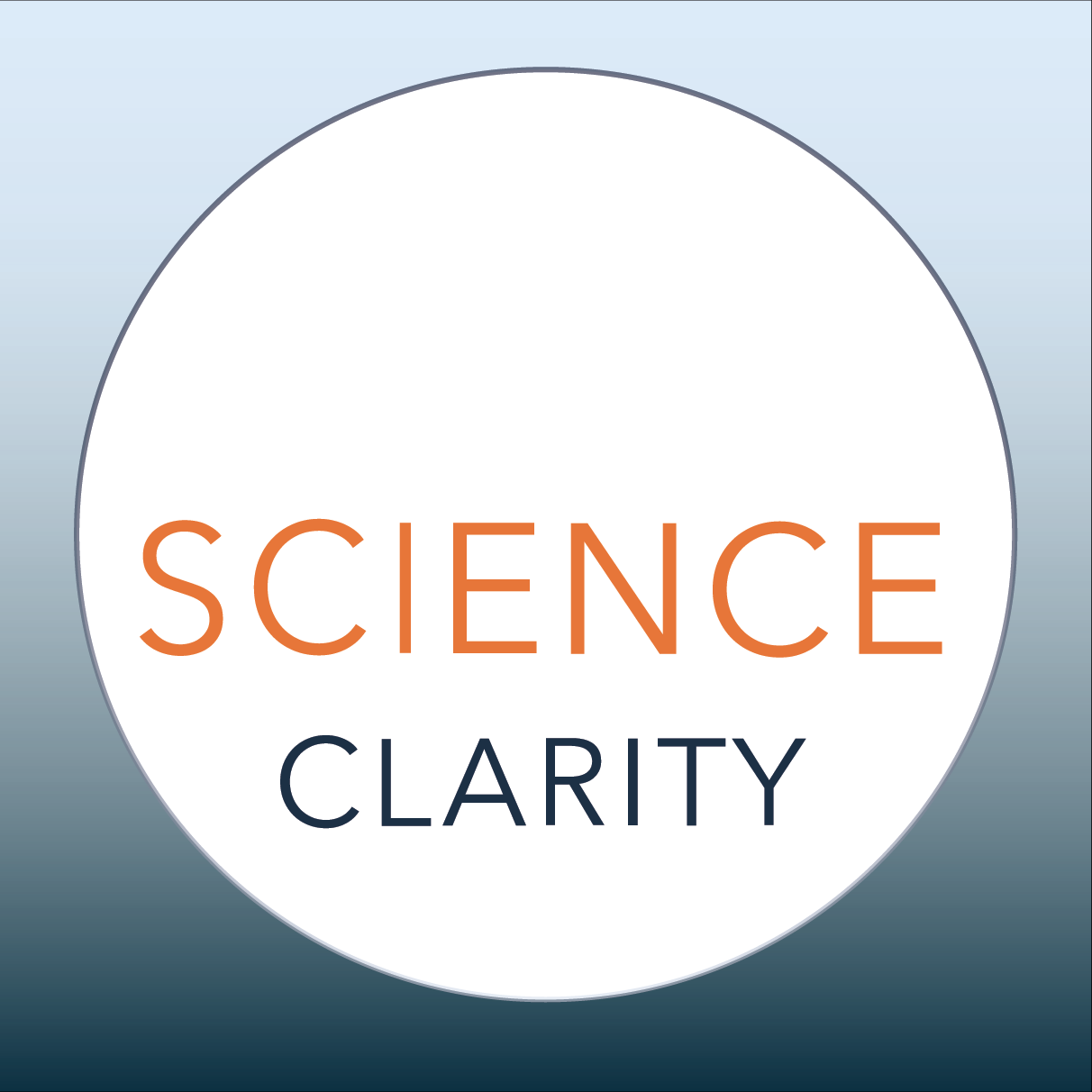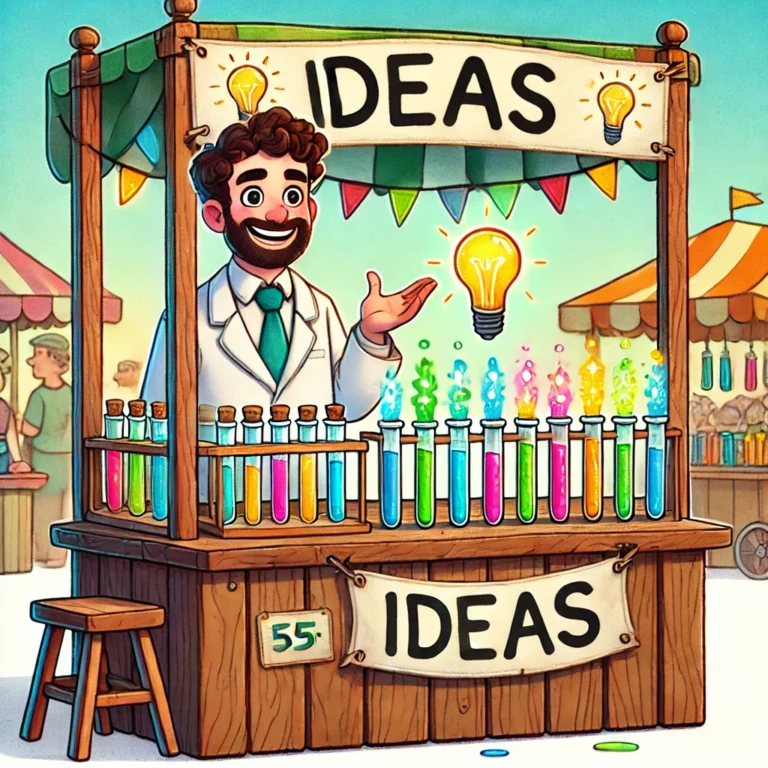Author Daniel Pink surveyed 7,000 workers who were not in sales professions to find that they spend 40% of their time at work engaged in sales-like activities such as persuading, influencing, and convincing others. This means that nearly half of your workday is not spent executing your specialized skill; rather, it’s spent selling your ideas.
If you are a medical professional, you’re selling to patients the treatment plan you believe will solve their problem. If you are a business leader, you may be selling to your team a new way of doing things. If you are a scientist, you need to sell your research projects to funding organizations or promote them at meetings and conferences.
All this selling happens whether you are aware of it or not.
What do sales, medicine, dentistry, and auto repair have in common?
They are all professions that people love to dislike—or, more accurately, love to distrust. Historically, these professionals have had access to more information than their “customers,” which has enabled them to be the experts. This information imbalance inherently leads to distrust because “buyers” have no ability to verify experts’ information leading to the potential of being misled.
Let’s take the medical profession. Not long ago, physicians would tell patients what to do, and that advice would not be questioned. Now, patients expect to be in partnership with their physician. Because medical information is abundant, patients want their doctors to help them understand what it means for their health. The dictatorial “I know more” style of yesteryear would now lead to resentment and patient noncompliance.
This means that medical outcomes quite literally depend on physicians ability to “sell” their plan of action to patients.
The relationship between scientists and their audiences is now closer to that of physicians and their patients. Audiences expect you as the presenter to be attuned to them and help them quickly alleviate the information imbalance. And your career outcomes may depend on your ability to do so. (Read “How to communicate complex info” for more advice on this.)
What do you need to sell your work?
To sell your work, you need to communicate it effectively. That means conveying both its complexity and nuance in a way that is understood and useful to the listener. One key to doing this well is to be audience-focused.
Most presenters tend to be self-focused. They have a lot of information, they want to present all of it, and they have limited time to prepare. These pressures cause them to spend all their time on getting the data just right, and the audience’s ability to understand it is an afterthought.
Remember, the audience is the star of your talk. Why? Because the people you’re addressing will determine whether your idea spreads or dies simply by embracing or rejecting it.
Audience-focused speakers are sincere.
People don’t fall asleep during conversations, but they often do during presentations because many of them don’t feel conversational. Speak sincerely to your audience, and people will want to listen to your message and contribute to the success of your idea.
Being conversational signals to the audience that you are sincerely trying to inform and not just say what you want to say. Just as we value physicians and the information they give when it’s clear they are speaking to us as humans rather than patients, your audience will value you more when they know you are genuinely interested in helping them understand and have made an effort to communicate your message well.
Knowledge is not a prerequisite for having an opinion about your work.
People will always make conscious or subconscious judgments about your work—not just based on your content but on how you present that content. Presentations with an illogical flow or disorganized visuals suggest a disorganized project. That’s probably not what you want to communicate.
You want your presentation to be intentional, professional, and well thought out.
Good persuaders help their audience understand the meaning behind information without overwhelming them with data. Note that helping people understand the meaning of information is not the same as helping them understand the information itself. The meaning is the implication, the takeaway message, or what they should do with the information. (Read “How to be a go-to authority in your field” for more strategies.)
Remember, your expertise in scientific methods makes you a great scientist; but to be influential, you must be able to make that expertise accessible and beneficial to others.
What did you think of this newsletter? Let me know!
Work with me
When you’re ready, there are 3 ways I can help you get more attention for your research:
- Coaching for ambitious researchers who want their work to be impressive and memorable
- Team training for organizations to raise the science communication bar
- Speaking to groups introducing good principles of effective science communication


